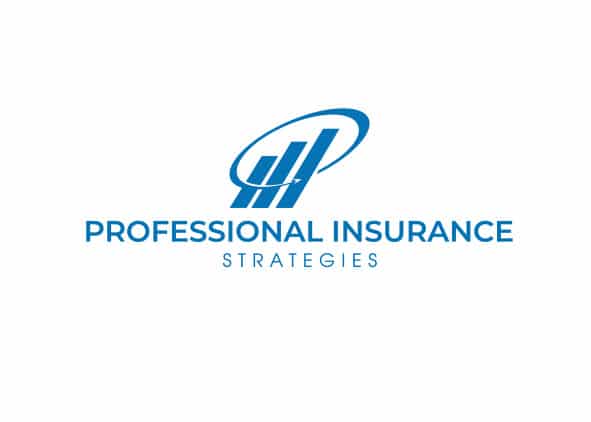Buying Business Insurance


Buying business insurance but where do you start? Every small business owner needs to manage risk, and obtaining insurance is one of the simplest ways to do that. However, your insurance needs will vary based on a number of factors, including your industry and assets.
Factors to consider when buying small business insurance
Here are 10 factors to consider to ensure you get the right policies for your needs (thereby meeting legal requirements and minimizing your business risks).
Research business insurance categories
Your insurance needs will vary, but policies you may want to consider include liability insurance, commercial property insurance, business interruption insurance, workers’ compensation insurance and commercial auto insurance (or hired and non-owned auto insurance).
Consider the legal requirements
Obtaining commercial insurance may be a legal requirement, depending on your state and industry and even your lenders and clients. For example, businesses with employees generally must carry workers’ compensation insurance. Your clients may also ask you to carry certain coverage before they hire you. Think about the unique risks of your industry. An accountant worries about making a mistake when preparing a client’s tax return, which would require errors and omissions insurance. But a restaurant owner is likely more concerned about a customer contracting salmonella poisoning after eating a meal at his or her establishment, which would require liability coverage.
Learn what might affect your rates business insurance rates.
Your company location, size and insurable assets will affect your premium and are out of your control. But you can help keep costs down by taking some steps, such as installing fire suppression systems and security alarms, creating a safe work environment and only allowing employees with good driving records to operate your business vehicles.
Balance coverage with cost
Once you know what type of insurance you need, you will naturally ask how much you need. Use reputable insurance providers and obtain the most coverage you can afford.
Decide on a deductible
The higher your deductible, the lower your premiums. While you might be tempted to choose a high deductible, you also need to be able to pay the deductible when you need to file a claim. It’s a balancing act. Overestimate your needs. Because the situations you insure against can be devastating, it’s better to buy more than the minimum insurance coverage if you can.
Work with top-rated providers
When evaluating insurance companies, we can look together at their ratings to find the most reputable ones. Insurance providers with a high rating (usually A) are recognized for their financial stability. You can generally assume they offer reliable coverage and prompt payouts.
Read the policies thoroughly
Insurance policies are different from insurer to insurer. Be sure you understand what is covered (and what is not covered) under a policy before you sign on the dotted line.
Ask for help
As you might have gathered, insurance contracts are complex legal documents, and it is best to have assistance when entering into one. Obtaining business insurance can be confusing. Call or email us today so we can give you guidance regarding the best insurance products for your business (or if you simply want a better understanding of insurance terms and coverage).
